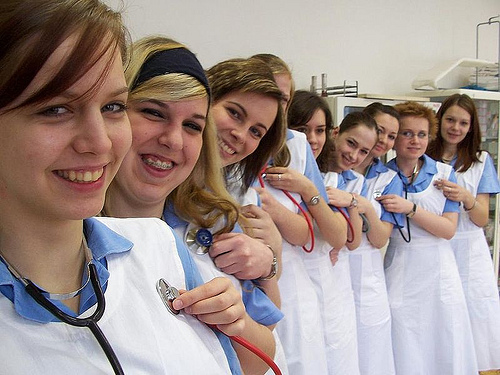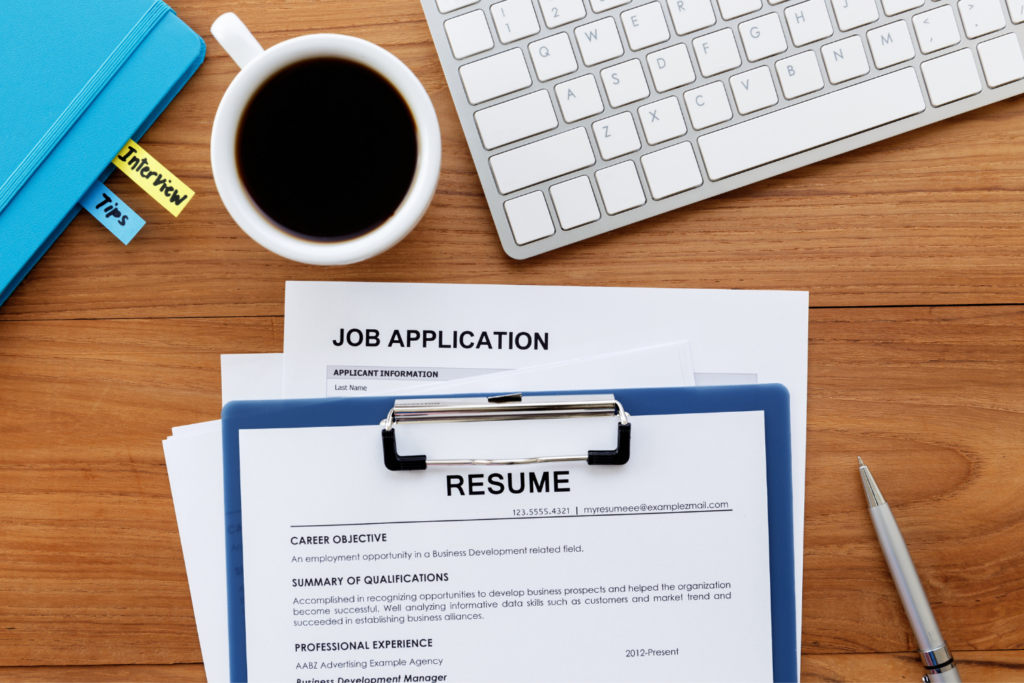The U.S. health care industry is growing rapidly due to increased lifespan, more advanced medical technology, new laws, and the growing number of elderly people. This translates to a greater demand for qualified health care professionals, especially people who can provide skilled care without a medical degree. Hospitals, nursing homes, doctor’s offices, and many other facilities are seeking qualified registered nurses and licensed practical nurses to help give patients the care they need.
A Recession-Proof Career
While many people cut back on luxuries like television and restaurant meals when times are tough, they don’t stop suffering from injuries or illness. Employment in the health care sector has stayed strong in the U.S., despite the 2008 recession and slow recovery. In fact, as hospital budgets tighten, they are hiring more nurses and assistant nurses to fill the needs that physicians can’t always provide. That’s why the U.S. will need far more nurses than doctors over the course of the next decade.
The Statistics
As of 2012, the health care industry employs almost 3 million registered nurses (RNs) and about 750,000 licensed practical nurses (LPNs). These numbers are expected to expand rapidly by 2020; the demand for RNs is expected to grow at a rate of about 26 percent. LPN growth will be slightly slower but still faster than average at about 22 percent. This translates to about 700,000 more RN jobs and about 170,000 more LPN positions.
An Aging Population
Medical advances that have made it possible to live much longer have combined with the aging of America’s largest generation to significantly increase the demand for nurses. As the Baby Boomers enter old age, they require more of the health care system than any generation before them. This translates to an enormous number of elderly people in need of basic daily and medical care, whether it’s in the hospital, at home, or in an assisted living community. Nurses and nursing assistants provide the bulk of this care. These people will also live many more years than most previous generations, thanks to life-saving tests and technologies. That means they’ll need nursing care for a lot longer.
Skilled Worker Shortages
In addition to increased demands on health care, the nursing profession has been affected by an on-going skilled labor shortage. This is partially fueled by the retirement of the baby boomers, but it also reflects a decrease in workers entering skilled trades such as nursing. This means that some areas actually have a shortage of qualified nurses and are desperate to fill positions. Becoming an RN or LPN does require some specialized schooling, but it’s an excellent choice both for people just entering the job market and those looking for a second career.
People will always need the care of trained, sympathetic nurses. This need is increasing steadily as demand for health care grows in the United States. The call for nurses is increasing much faster than the call for many other careers, making nursing one of the best professional choices available. This is especially true for specialized nurses and candidates who have extra training beyond a basic LPN or RN license. For the immediate future, nursing is a field that will continue to grow.
Barbara Elliott is a freelance blogger, who writes career advice. If you are interested in widening your horizons, she recommends looking into online mba degree programs.






